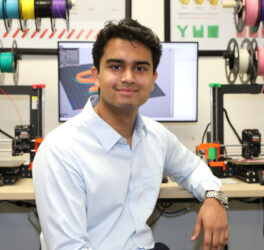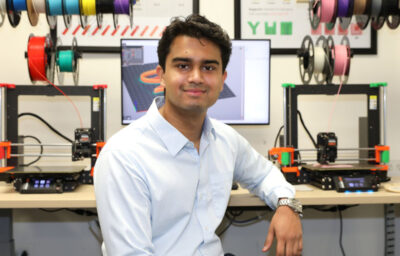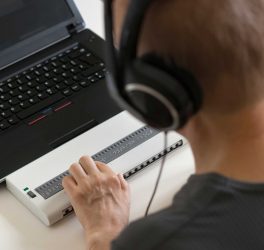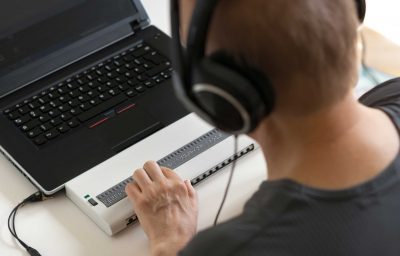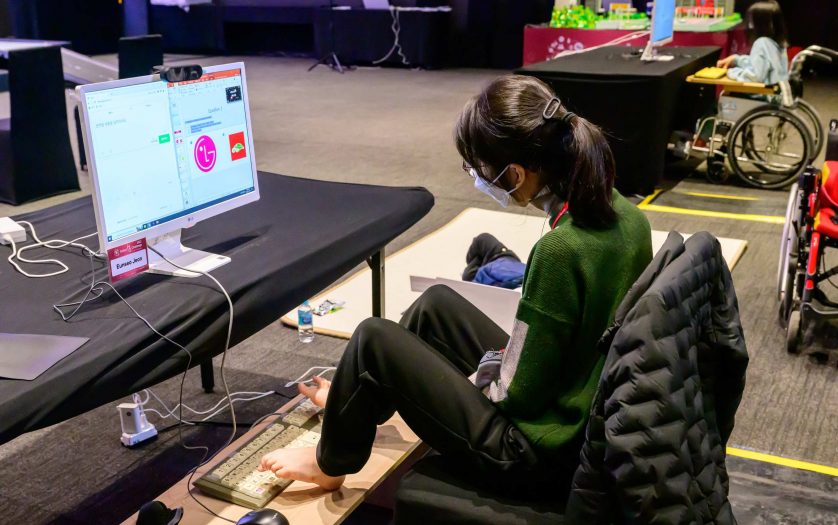
The recruitment for countries to participate in the Global IT Challenge (GITC) for youth with disabilities has begun, signaling the start of the journey towards the 2023 event. Since its inception in 2011, GITC has been touring various Asia-Pacific countries, aiming to empower and enhance the IT capabilities of youth with disabilities.
Through this initiative, GITC seeks to bridge the digital divide and promote social advancement, while also raising awareness about the challenges faced by youth with disabilities in accessing technology.
Over the past decade, about 4,500 youth with disabilities from 28 counties have participated in the Challenge. Through continuous cooperation with governments, international organizations and corporations, it has developed into the most established IT competition for youth with disabilities in the world.
This year, the Final Round will be held in Abu Dhabi, UAE at the end of October with participants selected by National Leagues and the Preliminary Round. Four years after the outbreak of COVID-19, this year’s event is expected to be more meaningful as it is the first GITC to be held in the Middle East.
The Final Round will be held in a hybrid format, in which both onsite and online events are held simultaneously. About 120 contestants from 20 countries qualified through the International Preliminary Round will participate onsite at the Abu Dhabi National Exhibition Center (ADNEC), and at the same time, about 300 contestants will participate online. Furthermore, the GITC Organizing Committee plans to invite delegations from low-income countries onsite to ensure equal opportunities.
Meanwhile, the Committee is recruiting the next host country. Any organizations wishing to host the GITC 2024 should contact the Secretariat. For more information, go to www.globalitchallenge.com

